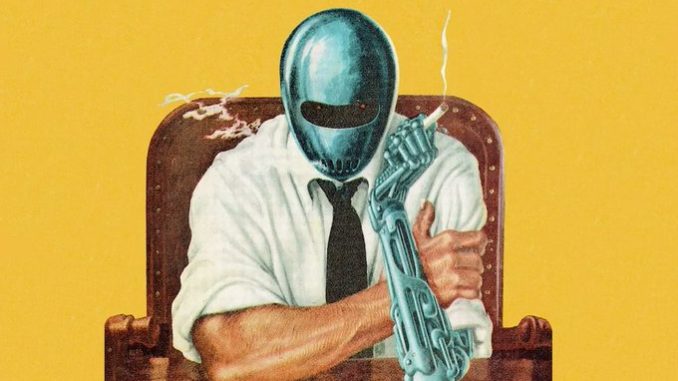
As sectors ranging from education to health care to insurance to marketing consider how AI might reshape their businesses, a crescendo of hype has given rise to wild hopes and desperate fears. Fueling both is the sense that machines are getting too smart, too fast — and could someday slip beyond our control. “What nukes are to the physical world,” tech ethicist Tristan Harris recently proclaimed, “AI is to everything else.”
“The combination of fascination and fear, or euphoria and alarm, is something that has greeted every new technological wave since the first all-digital computer,” said Margaret O’Mara, a professor of history at the University of Washington. As with past technological shifts, she added, today’s AI models could automate certain everyday tasks, obviate some types of jobs, solve some problems and exacerbate others, but “it isn’t going to be the singular force that changes everything.”
